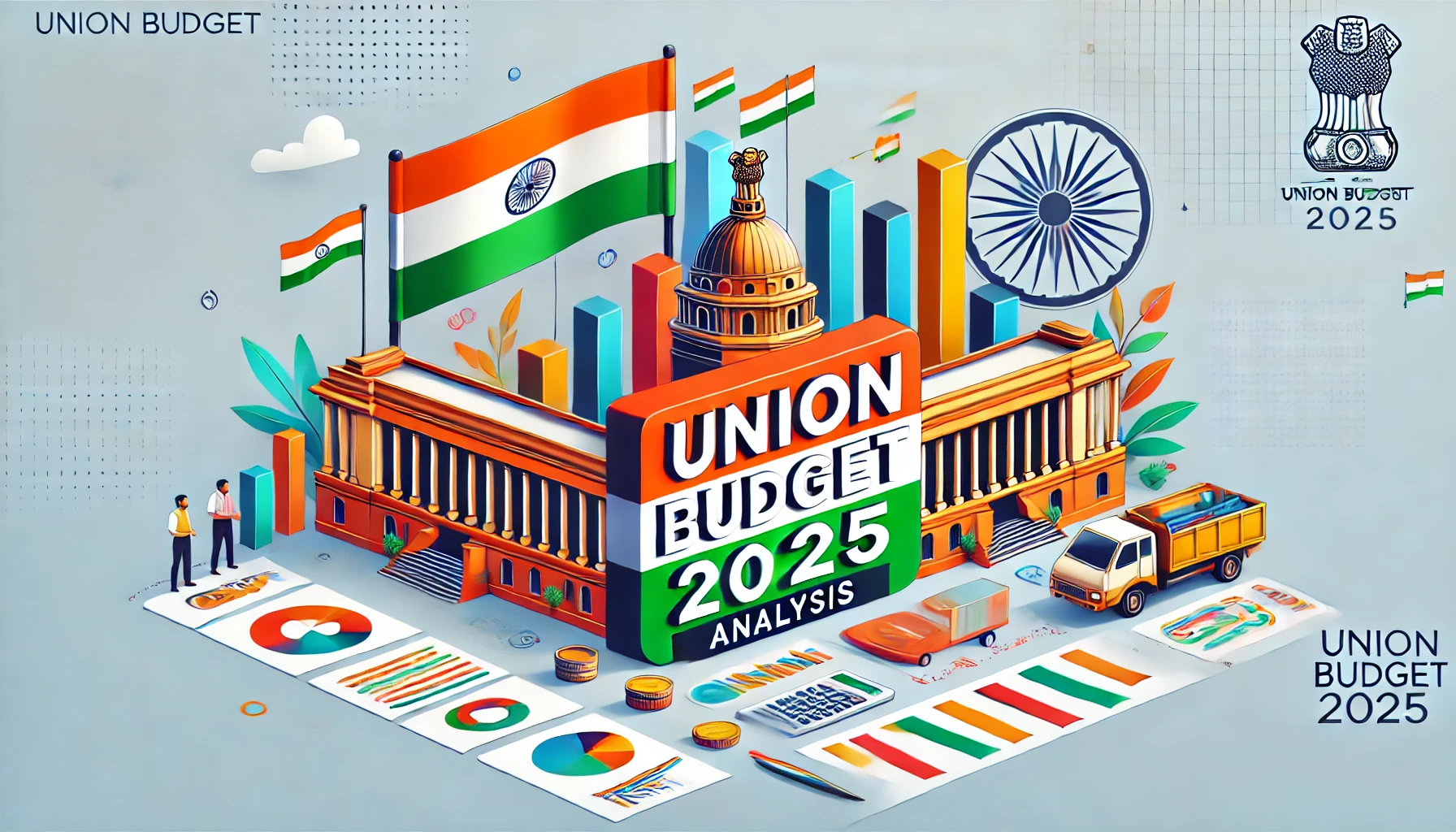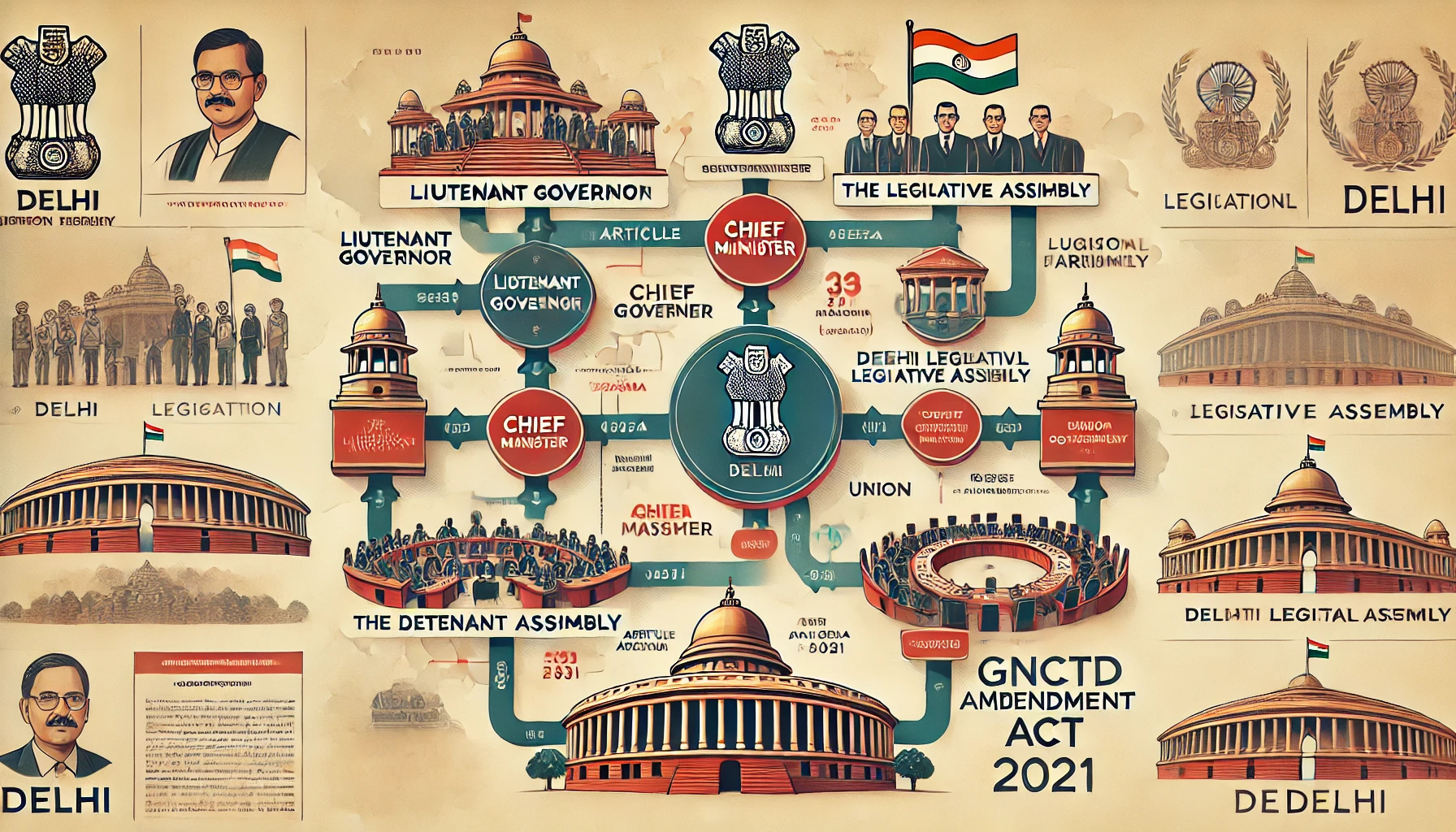The Union Budget is not merely a financial statement; it is a reflection of the government’s priorities, policies, and roadmap for economic growth. Its foundation lies in the Indian Constitution, which lays down the rules, procedures, and principles for its preparation, presentation, and approval. Let us delve deeper into the constitutional provisions and key aspects of the Union Budget through a comprehensive quiz and explanation.
Constitutional Provisions Related to the Budget
1. Which article of the Indian Constitution mandates the presentation of the Union Budget?
- Answer: Article 112
- Explanation: Article 112 of the Indian Constitution mandates the government to present the Union Budget, referred to as the “Annual Financial Statement.” It provides a detailed account of the government’s expected revenue and expenditure for the upcoming financial year.
2. What is the term used in the Constitution for the Union Budget?
- Answer: Annual Financial Statement
- Explanation: The term “Union Budget” is not explicitly mentioned in the Constitution. Instead, it is referred to as the “Annual Financial Statement” under Article 112. This document is a comprehensive report on the government’s finances, including planned expenses and sources of revenue.
3. Under which article is the Consolidated Fund of India established?
- Answer: Article 266(1)
- Explanation: Article 266(1) establishes the Consolidated Fund of India, which is the primary account where all government revenues are credited. Expenditure from this fund requires approval from the Parliament.
4. Which article allows the government to withdraw money from the Consolidated Fund of India?
- Answer: Article 114
- Explanation: Article 114 specifies the process for withdrawing money from the Consolidated Fund of India. This is done through the Appropriation Bill, which is passed after the demands for grants are approved.
5. What is the role of Article 110 in the context of the budget?
- Answer: Defines the Money Bill
- Explanation: Article 110 defines what constitutes a Money Bill. It primarily deals with financial matters, including taxation, borrowing, and expenditure from the Consolidated Fund of India. A Money Bill can only be introduced in the Lok Sabha with the President’s prior recommendation.
6. Which article deals with the Contingency Fund of India?
- Answer: Article 267
- Explanation: Article 267 establishes the Contingency Fund of India, which is used to meet unforeseen expenses. The fund is at the disposal of the President, who can authorize withdrawals in emergencies.
7. What does Article 113 pertain to?
- Answer: Demands for Grants
- Explanation: Article 113 outlines the procedure for making demands for grants. Ministries and departments submit their estimated expenses, which are then discussed and approved by the Parliament.
8. Under which article is the Finance Bill introduced?
- Answer: Article 117
- Explanation: Article 117 deals with the introduction of the Finance Bill, which includes provisions related to taxation and other financial matters. It can only be introduced in the Lok Sabha and requires the President’s prior recommendation.
9. Which constitutional provision requires a prior recommendation of the President before introducing a Money Bill?
- Answer: Article 117(1)
- Explanation: According to Article 117(1), a Money Bill cannot be introduced in the Lok Sabha without the President’s prior recommendation. This ensures that the executive branch has vetted the financial proposals.
10. What does Article 275 focus on?
- Answer: Allocation of funds to states
- Explanation: Article 275 provides for grants-in-aid to states from the Consolidated Fund of India. These grants are meant to support states in meeting their developmental needs and achieving balanced economic growth.
Importance of the Budget in Competitive Exams
The Union Budget and its constitutional framework are crucial topics for competitive exams such as UPSC, SSC, and state-level PCS exams. Questions related to budget articles, financial bills, and taxation are commonly asked in the polity and economics sections.
By understanding these provisions, aspirants can:
- Improve their grasp of governance and public administration.
- Analyze the economic impact of budgetary decisions.
- Prepare effectively for current affairs and general studies.
How SR Study Helps You Master the Budget
At SR Study, we provide:
- Detailed Analysis: Comprehensive breakdowns of the Union Budget and its implications.
- Mock Tests: Tailored test series to help aspirants tackle budget-related questions in exams.
- Expert Guidance: Insights from experienced mentors on mastering key topics.
Visit SR Study Blog for the latest updates, analysis, and study materials.
Take the Quiz and Test Your Knowledge
Here’s a quick quiz based on the constitutional articles related to the budget. Test yourself and see how much you know!
Question 1: Which article mandates the presentation of the Union Budget?
Question 2: What is the constitutional term for the Union Budget?
Question 3: Under which article is the Consolidated Fund of India established?
Question 4: Which article allows withdrawals from the Consolidated Fund?
Question 5: What does Article 110 define?
Share your answers in the comments section below or visit SR Study’s Blog for the detailed answers and explanations. Stay informed and stay ahead in your preparation!



